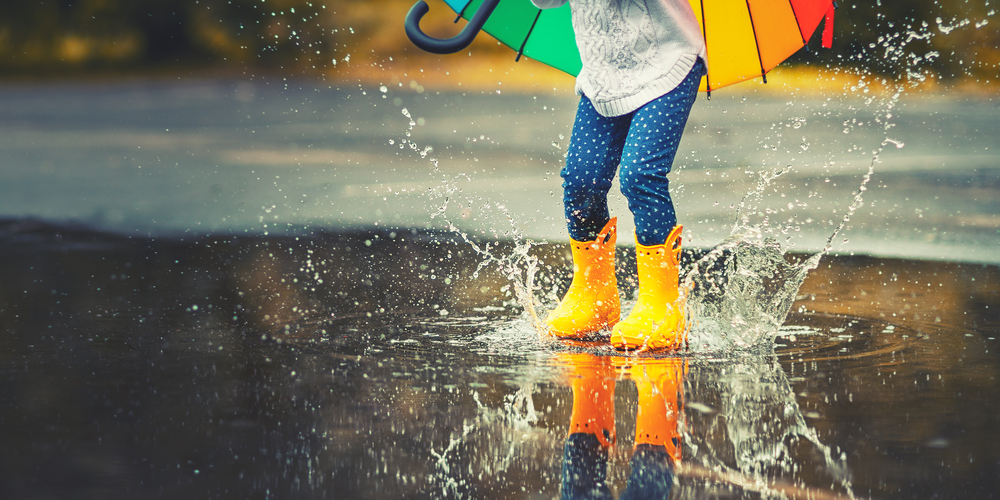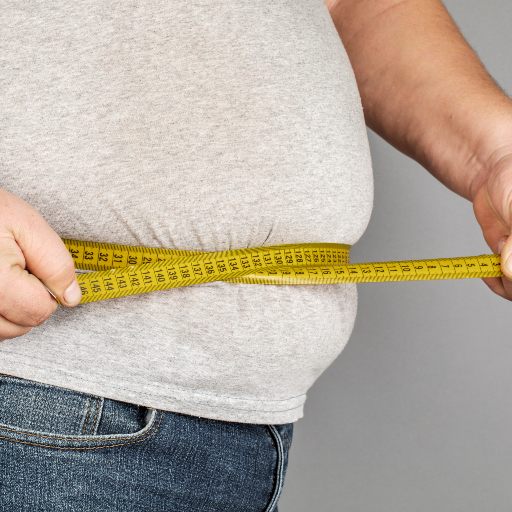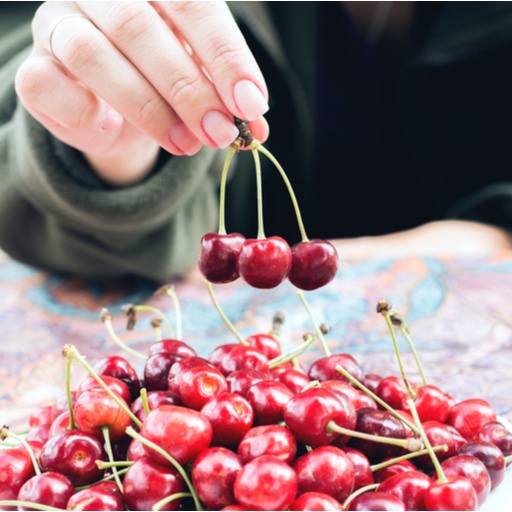
Finally, some respite from the heat, time for the colourful umbrellas, waterproof bags and raincoats to come out of the closet. While the monsoons usher in cooler, rain-drenched days, it also increases the capacity for bacterial infection and diseases in one’s body. Cold, cough, sore throat, viral fever, allergies, diarrhoea, dengue, Swine flu and malaria are the common problems that affect people during this season.
3 types of Infections that Commonly affect and make us ill:
- Mosquito-borne diseases:This season, people are prone to mosquito-borne diseases like malaria, dengue fever and avian influenza or Bird Flu (H5N1). Malaria being lethal, if left untreated. A spell of Bird Flu (H5N1) can cause severe joint pains, which can last for weeks and months. Dengue fever can also be very serious in certain cases where drop in platelet count makes the prognosis poor. However, early detection and treatment can help one recover faster from dengue.
- Air-borne diseases: Air-borne viral infections are often mild and can cause minor infections in adults. However, senior citizens and young children are more vulnerable to these infections and need to take proper care. Viral infections usually present as high grade fever with common cold and cough. The temperature is markedly between 101 degree F – 104 degree F. The only management in this is rest, paracetamol in guided doses of your physician and people can also take antibiotics which will not treat viral infection but will help in prophylaxis to prevent secondary bacterial infections. It’s also said that taking plenty of fluids and hot water bath could help has viruses are sensitive to hot water.
- Water-borne diseases: Moulds growing on humid surfaces including your clothes and moist areas of the skin, can also be dangerous during the season. However, mould-induced infections are often mild in nature and can be treated easily.
Prevention is always better than cure:
- One must drink only clean water and use boiled water or water purifiers.
- One should change their hand towels after a day’s use. You can also use an alcohol gel product available over the counter, which is also effective in protecting against flu.
- One should cover their mouth and nose with a handkerchief while coughing or sneezing or use your arm pits in case you don’t carry a handkerchief.
- Use mosquito repellents and nets (dengue transmitting mosquitoes usually bite during day time; either early morning or late evening).
- One should keep their wet and soggy clothes or shoes away from dry garments.
- Avoid eating unhealthy foods and consume as much fresh food as possible. Drink warm water every two hours and carry home-boiled water while travelling.
- Avoid visiting crowded places such as theatres or exhibitions. Use hand sanitisers while travelling. Cover your nose while travelling on a bike/while seated next to the window in a bus or train.
- Avoid getting wet in the rain. Approach your physician for any ill health, avoid taking medications at the counter of pharmacy.
Prevention for kids:
- Parents must keep their children away from those with infectious illnesses while playing with friends in the neighbourhood or at school.
- Parents should also ensure that their child’s nails are always clean to prevent accumulation of germs and dirt; to ensure proper washing of hands and legs and provide nutritious food with a balanced diet.
- Keep your child indoors during the rains as it contains acidic elements which can cause skin problems. It is advised to keep young kids and infants inside during the rain or during monsoon season as young children tend to fall sick frequently during this season. Kids should be kept away from rain till the weather stabilises.
- Parents should take care of themselves so that they don’t transmit their virus or infection to their children.
The treatment:
Infections during the monsoon usually start with tonsillitis, cold and cough and gradually spread to the rest of the body. Symptoms of viral fever are body and muscle pain, headache, joint pain, redness of eyes, skin rash and nasal congestion. Some people also experience nausea, vomiting and diarrhoea.
The treatment of viral fever is entirely symptomatic and it usually comes down after four or five days.
Here are some home remedies for viral symptoms: Adequate hydration by drinking lot of liquids.
- Antipyretics and analgesics for fever and body pain.
- Steam inhalation for nasal congestion and sinus pain.
- Salt water gargle for sore throat.
To keep in mind: Avoid self-medication with antibiotics. Though it is highly contagious, the chances of it turning life-threatening are quite rare. If symptoms are severe or long lasting, visit your doctor to rule out any bacterial infection. Take a booster every year.
(This article originally appeared on www.practo.com, authored by Dr. Shashank Kumar Srivastav, https://www.practo.com/healthfeed/monsoon-mania-on-your-health-24352/post)





 1800-270-7000
1800-270-7000







